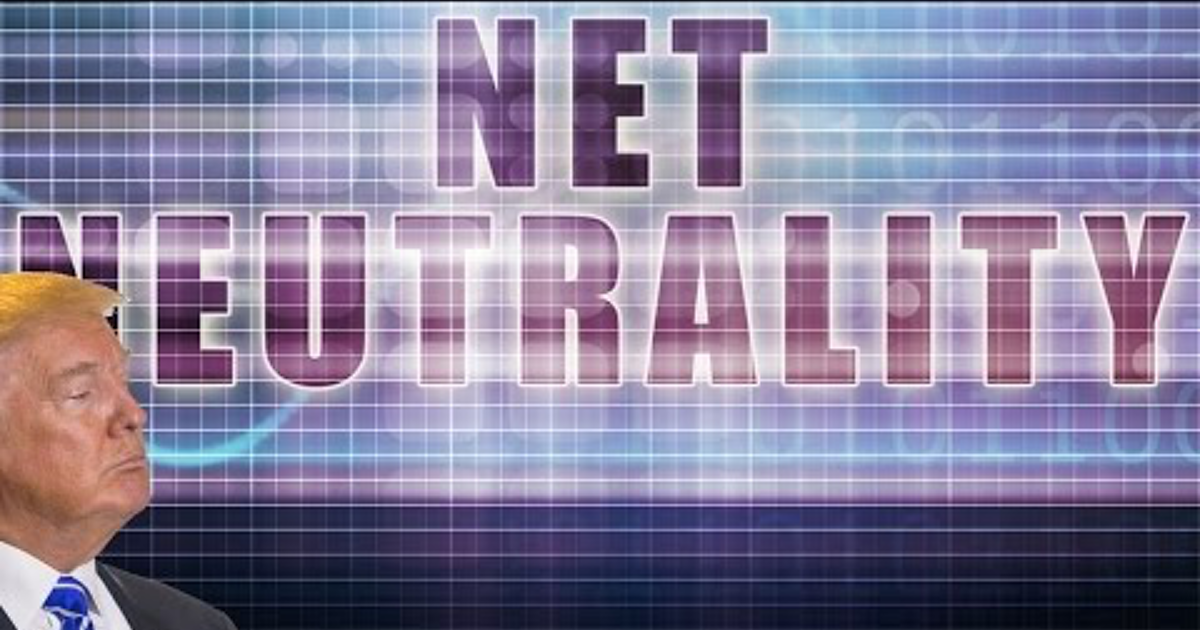|
By Chris Calton Anybody who has ever dealt with internet lag should realize that bandwidth is a finite resource. Like any other economically scarce commodity, the price and profit mechanisms of the market serve to direct the allocation of this resource as efficiently as possible. This is why people pay more for faster speeds or larger data caps. The economic reality of bandwidth scarcity is the source of hostility between companies and consumers. When cell phone companies started limiting the amount of data their customers could consume each month, many people were outraged. But data caps were the natural result of internet use shifting away from computers and onto mobile devices. The change in prices reflected a change in demand. By limiting data, bandwidth provided through these companies was rationed so that customers could enjoy higher speeds. Do you keep your phone connected to wifi when you’re at home to conserve data? That’s the beauty of the price system as a rationing mechanism. It’s similar to taking a detour in your car to save the cost of tolls on a more direct route. This prevents congestion and enhances user experience (even as the customer is outraged at no longer having unlimited data . . . or toll free roadways). Economists love to divide goods into different categories according to the characteristics of “rivalry” and “excludability.” Most goods are considered “private goods,” meaning that they are both rivalrous (consumption by one person affects to ability to be consumed by another person) and excludable (we can prevent people from consuming the good). Economists typically consider the internet to be of a different category: a “club good.” This is a good that is excludable, but non-rivalrous — meaning that consumption by one person does not affect the ability for another person to consume the good. But this classification reveals the internet ignorance on the part of economists. Internet bandwidth is absolutely a rivalrous good. With cable internet, I share access to the same cable line as all of my neighbors. If we are on the internet simultaneously, we are vying for bandwidth. This is precisely why the internet tends to be slower during the hours of high-usage; if bandwidth were truly non-rivalrous, there would be no variation in speeds according to consumption. All internet service providers deal with this scarcity. Because of this consumer rivalry, internet providers have started discussing the possibility of throttling certain services or charging companies extra for priority treatment. Netflix, for instance, is responsible for nearly 37% of all internet traffic. The other 63% of internet traffic now has to compete with a single website for bandwidth. With the popularity of Netflix, it is no wonder that the idea of charging the company a premium for its access to bandwidth is upsetting to people, but this is little more than an innovation in the way these resources are allocated. The traditional model of allocating bandwidth is to charge the customer for certain tiers of speed. But with certain websites like Netflix accounting for such a dominant portion of this consumption, the internet consumer who does not have a Netflix subscription is effectively subsidizing the consumption habits of the Netflix user. The idea of charging companies like Netflix a premium is a way to levy the cost of such high traffic websites on the people who actually use them, rather then spreading them across all users whether they consumer these services are not. Last week, John Oliver made a plea to his viewers to encourage the FCC to impose Net Neutrality. Net Neutrality professes to regulate internet prices in a “neutral” way, as the name implies. This means preventing companies from throttling internet speeds for certain users or charging extra fees for priority service. But the reality of the scarcity of internet bandwidth cannot be legislated away. If Net Neutrality were to become policy, internet service providers will have to find alternative solutions for allocating bandwidth in an industry now contending with a disrupted price mechanism. Most likely, this would mean charging consumers higher prices for faster speeds than would otherwise be necessary, or placing data caps on home internet, as some service providers have already started to do. Murray Rothbard once said it is no crime to be ignorant of economics. Likewise, it is no crime to be ignorant of the workings of the internet. But (if I may take some liberty with his quote) it is entirely irresponsible to voice an opinion on Net Neutrality, while remaining in this state of ignorance. This article was originally published at The Mises Institute.
Comments are closed.
|
Archives
July 2024
|



 RSS Feed
RSS Feed



